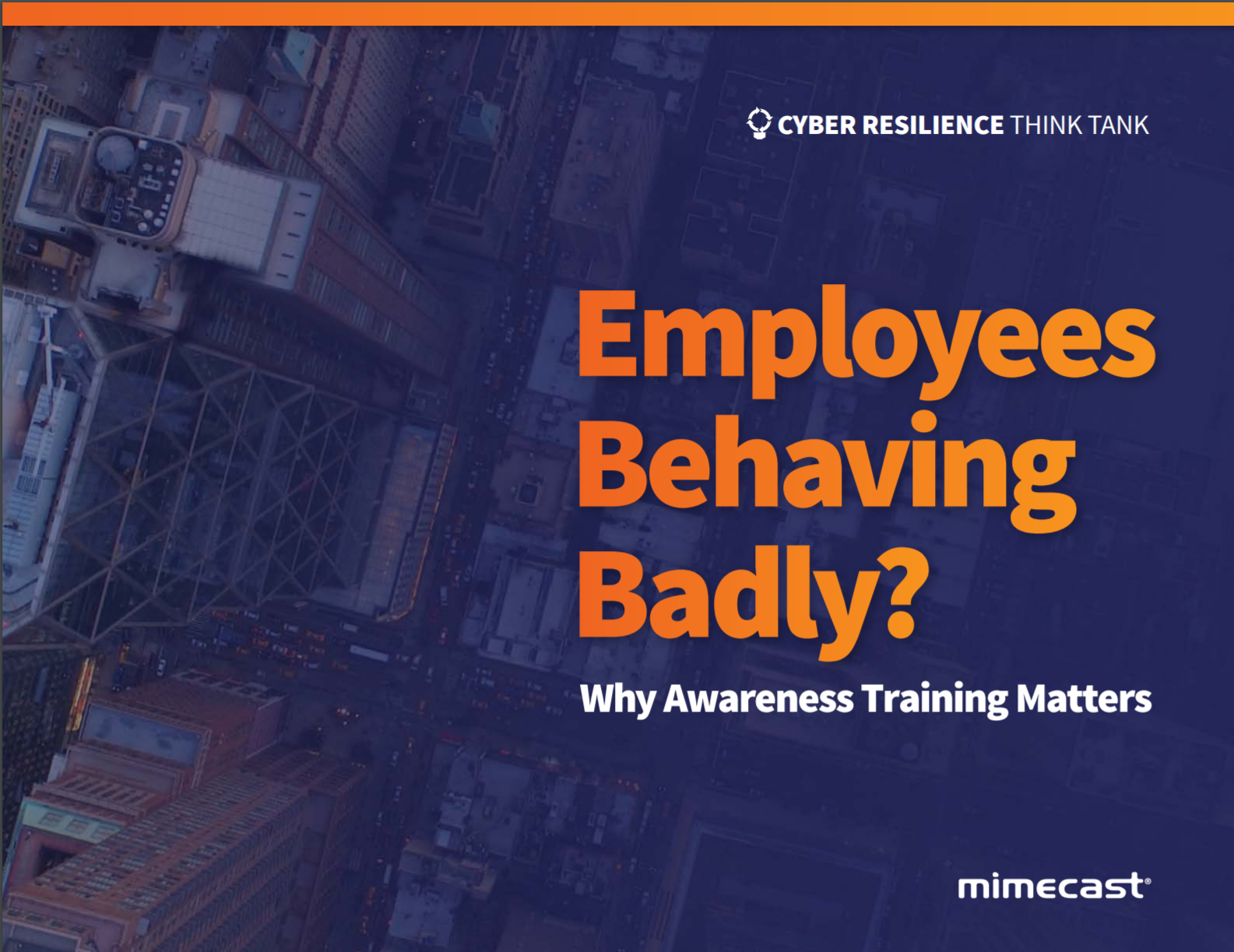Microsoft warns of dangerous ‘BazaCall’ call centre ransomware scam
Human operators are tricking victims into manually downloading malware onto their systems


Ransomware operators are spreading BazaCall malware by tricking people into phoning fraudulent call centres and speaking with real humans, who provide step-by-step instructions on how to download a payload.
Attacks from BazaCall operators can move rapidly within a network, with hackers able to conduct extensive data exfiltration and credential theft, Microsoft has warned. They can even distribute ransomware within 48 hours of the initial compromise.
Apart from having backdoor capabilities, the BazaLoader payload also gives a remote attacker hands-on keyboard control for an affected user’s device.
“Our continued investigation into BazaCall campaigns, those that use fraudulent call [centres] that trick unsuspecting users into downloading the BazaLoader malware, shows that this threat is more dangerous than what’s been discussed publicly in other security blogs and covered by the media,” said the Microsoft 365 Defender Threat Intelligence Team.
“BazaCall campaigns forgo malicious links or attachments in email messages in [favour] of phone numbers that recipients are misled into calling. It’s a technique reminiscent of vishing and tech support scams where potential victims are being cold-called by the attacker, except in BazaCall’s case, targeted users must dial the number.”
When users are tricked into calling the number, they’re connected with actual humans on the other end of the line, who provide detailed guidance for installing malware on their devices.
The campaign relies on direct phone communication, as well as sophisticated social engineering tactics to succeed, but the tactic is proving difficult to prevent given the lack of obvious malicious techniques.
Sign up today and you will receive a free copy of our Future Focus 2025 report - the leading guidance on AI, cybersecurity and other IT challenges as per 700+ senior executives
It starts with an email that uses various social engineering lures to trick victims into calling a number. This might include informing users about a trial that’s about to expire and that their card is set to be charged, asking them to phone the number provided in case they have any concerns. There are no attachments, links, or any other type of malicious call to action that would be spotted by a security filter.
Each message is sent from a different sender, normally through a free email service and compromised email addresses, with lures including fake business names that are similar to real companies.
Victims who do call the number will speak to a real person from a fraudulent call centre, whose aim is to direct the caller to visit a malicious website, disguised as a legitimate one. They’re asked to navigate to a page and download a file to cancel their subscription.
RELATED RESOURCE

These files are macro-enabled Excel documents, which might be flagged by Microsoft Defender SmartScreen, although Microsoft has observed users bypassing these warnings to download the files anyway, likely at the instruction of the hacker. Users are then prompted to enable editing, and enable macros, which triggers the BazaLoader malware to be delivered.
“The BazaCall campaign replaces links and attachments with phone numbers in the emails it sends out, posing challenges in detection, especially by traditional antispam and anti-phishing solutions that check for those malicious indicators,” the research team added.
“The lack of typical malicious elements in BazaCall’s emails and the speed with which their operators can conduct an attack exemplify the increasingly complex and evasive threats that [organisations] face today.”

Keumars Afifi-Sabet is a writer and editor that specialises in public sector, cyber security, and cloud computing. He first joined ITPro as a staff writer in April 2018 and eventually became its Features Editor. Although a regular contributor to other tech sites in the past, these days you will find Keumars on LiveScience, where he runs its Technology section.
-
 What is Microsoft Maia?
What is Microsoft Maia?Explainer Microsoft's in-house chip is planned to a core aspect of Microsoft Copilot and future Azure AI offerings
-
 If Satya Nadella wants us to take AI seriously, let’s forget about mass adoption and start with a return on investment for those already using it
If Satya Nadella wants us to take AI seriously, let’s forget about mass adoption and start with a return on investment for those already using itOpinion If Satya Nadella wants us to take AI seriously, let's start with ROI for businesses
-
 Microsoft warns of rising AitM phishing attacks on energy sector
Microsoft warns of rising AitM phishing attacks on energy sectorNews The campaign abused SharePoint file sharing services to deliver phishing payloads and altered inbox rules to maintain persistence
-
 There’s a dangerous new ransomware variant on the block – and cyber experts warn it’s flying under the radar
There’s a dangerous new ransomware variant on the block – and cyber experts warn it’s flying under the radarNews The new DeadLock ransomware family is taking off in the wild, researchers warn
-
 Hacker offering US engineering firm data online after alleged breach
Hacker offering US engineering firm data online after alleged breachNews Data relating to Tampa Electric Company, Duke Energy Florida, and American Electric Power was allegedly stolen
-
 Cybersecurity experts face 20 years in prison following ransomware campaign
Cybersecurity experts face 20 years in prison following ransomware campaignTwo men used their tech expertise to carry out ALPHV BlackCat ransomware attacks
-
 Warning issued as surge in OAuth device code phishing leads to M365 account takeovers
Warning issued as surge in OAuth device code phishing leads to M365 account takeoversNews Successful attacks enable full M365 account access, opening the door to data theft, lateral movement, and persistent compromise
-
 Amazon CSO Stephen Schmidt says the company has rejected more than 1,800 fake North Korean job applicants in 18 months – but one managed to slip through the net
Amazon CSO Stephen Schmidt says the company has rejected more than 1,800 fake North Korean job applicants in 18 months – but one managed to slip through the netNews Analysis from Amazon highlights the growing scale of North Korean-backed "fake IT worker" campaigns
-
 Complacent Gen Z and Millennial workers are more likely to be duped by social engineering attacks
Complacent Gen Z and Millennial workers are more likely to be duped by social engineering attacksNews Overconfidence and a lack of security training are putting organizations at risk
-
 15-year-old revealed as key player in Scattered LAPSUS$ Hunters
15-year-old revealed as key player in Scattered LAPSUS$ HuntersNews 'Rey' says he's trying to leave Scattered LAPSUS$ Hunters and is prepared to cooperate with law enforcement